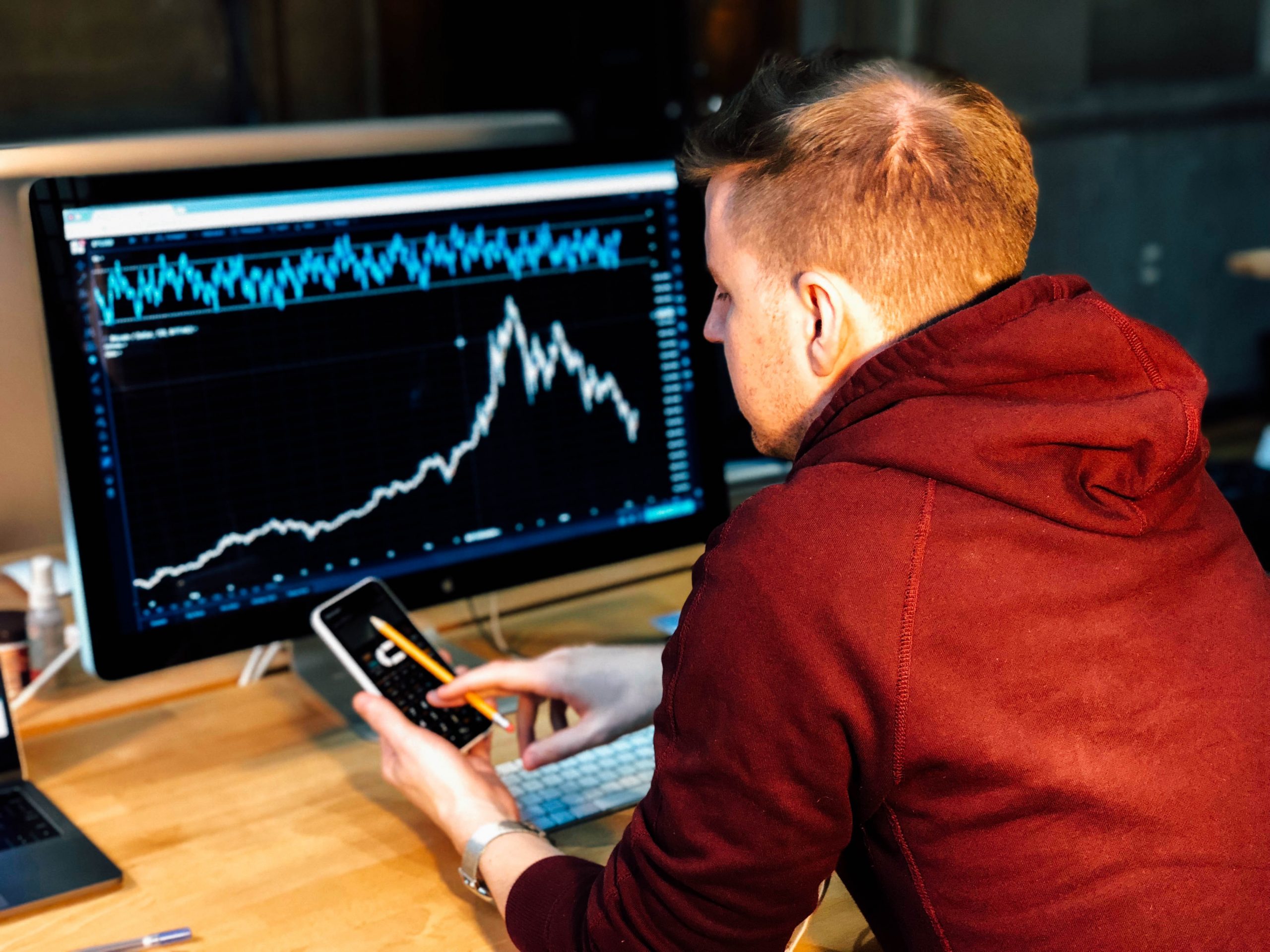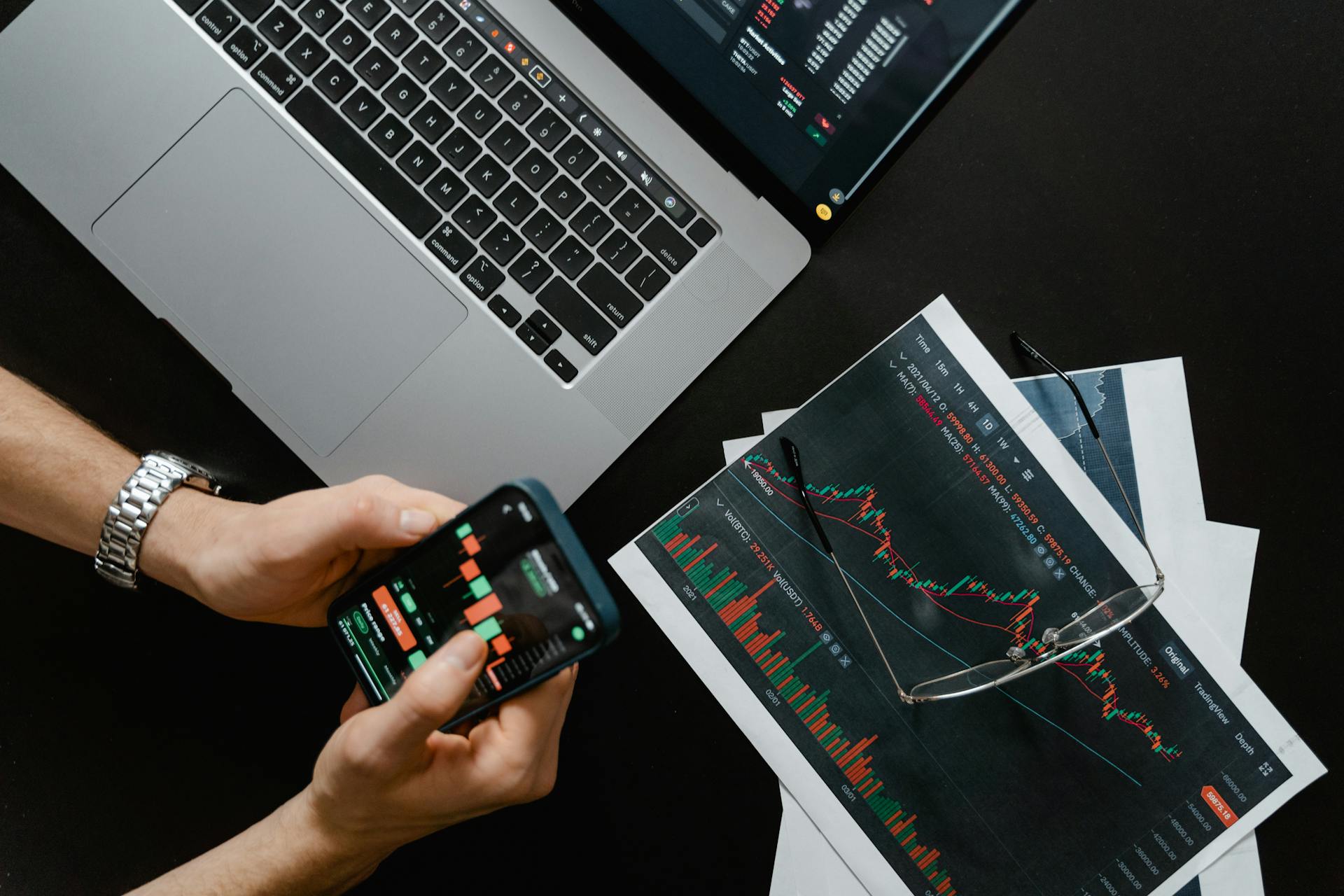Emerging market ETFs have been around for a while now, and the concept of trading these markets is still difficult for many investors to comprehend.
The benefits of investing in emerging market ETFs are vast, and it’s essential to understand why you would want to invest your hard-earned money into these kinds of investments, as well as all the risks that might arise from such an investment.
Risk is an inherent part of investing your money, and if you don’t know what could happen, then there’s no way of beating the system – so let’s look at some of the reasons why investing in them can be beneficial.
Benefit of diversification
Firstly we’ll start with perhaps one of the most important reasons for investing in emerging market ETFs, the benefit of diversification. Diversification means spreading your money around different assets and exposing yourself to different types of risk that you might not be fully aware of if you spread your money across one or two markets.
Diversifying is also great for rebalancing your portfolio every once in a while, allowing yourself to take profits on some investments and reinvesting them into underperforming areas.
Access to higher returns
Secondly, investing in emerging markets gives you access to higher returns than what other markets can offer investors who find it difficult to invest directly into these instruments. Even though there’s more risk when dealing with companies based in these countries, their underlying business fundamentals can make them an attractive investment for those who choose to delve deeper into the fundamentals of a company and its assets.
Speculating on different companies
Thirdly, investing in emerging markets can be great for those who like to speculate on different companies and what’s happening worldwide. Suppose you’re someone who likes to follow international news closely or follows certain stocks such as Apple Inc. (AAPL). In that case, it may be beneficial for you to invest in these types of funds rather than just owning shares of one single stock that could potentially lose value during uncertain times.
Fourthly, diversification allows investors to protect themselves against unpredictable downturns and helps them deal with other risks present within their portfolios. Emerging market ETFs can help take care of some of these problems because they allow investors access to many different companies and give them the ability to trade more than just one market.
Risk
Finally, we will be talking about risk – this is an essential part of investing and understanding that you could potentially lose money if things go south – so let’s talk about how emerging market ETFs help protect you from this kind of risk and why it might be a good idea for you to think about investing in these kinds of funds as part of your portfolio.
Risks involved when buying shares on the stock market
Firstly, there are several types of risks involved when buying shares on the stock market, such as liquidity risk, which means not being able to sell off your investment quickly if you need to (which can lead to huge losses), credit risk, which is the risk that a company or economy may not be able to pay you out for your investment, and finally country-related risks such as political unrest or issues with the national currency.
Diversification
While all of these risks are very real in the stock market, there’s a solution for this kind of risk: diversification – spreading investments across different companies means being exposed to less risk at any time because you have several different things going on in one single portfolio. It can help take away some of the volatility from investors who don’t want to deal with large swings when they’re buying their shares and also helps them protect themselves from any significant losses that they might run into along the way.
Currency fluctuations
Another part of risk management in emerging markets involves currency fluctuations. Emerging market funds are exposed to currency fluctuation risk, which means the fund price could be worth more or less than its actual value in dollars or euros.







